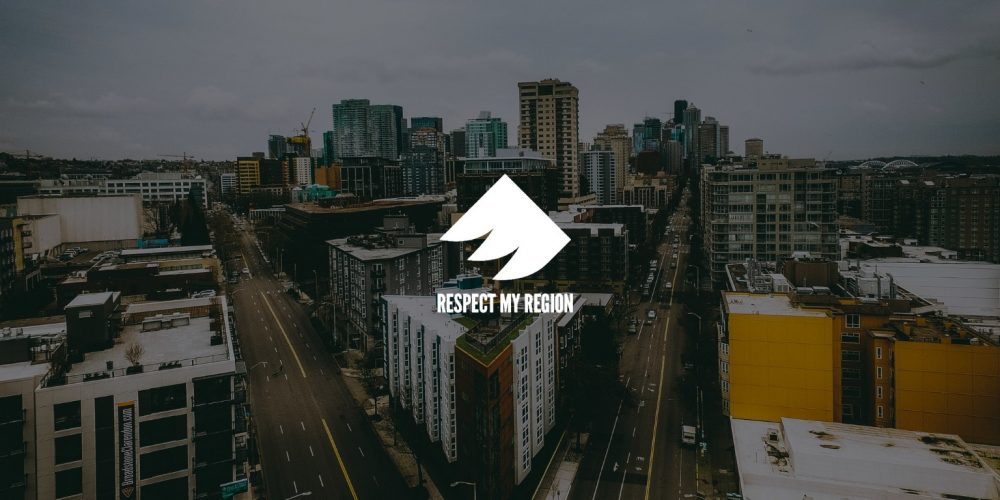The cannabis industry is a powerhouse of innovation, entrepreneurship, and economic potential. Yet, it remains shackled by outdated federal regulations that force legitimate businesses into financial limbo. Enter the SAFE Banking Act—legislation that could finally bring another layer of freedom and security to the cannabis industry.
For years, cannabis businesses have been growing, employing millions, and generating billions in tax revenue, but they’ve been forced to operate in a financial gray area. Federal laws prevent these businesses from accessing basic banking services. That means dispensaries, growers, and ancillary companies are often left dealing in cash, exposing them to theft, inefficiencies, and unnecessary risks.
If you’re employed in the cannabis industry, there’s a good probability either you or someone you know has been robbed. I’ve seen everything from cannabis labs being smashed and grabbed in the dead of night to dispensary employees being escorted to the back at gunpoint. Many of the crimes committed against cannabis businesses are brazen because they are seen as cash grabs and many times they are.
Where The SAFE Banking Act Stands
The Secure and Fair Enforcement (SAFE) Banking Act seeks to reform the cannabis industry’s hampered financial ability This legislation aims to provide federally regulated banks and credit unions with clear guidelines to work with cannabis-related businesses without fear of federal penalties.
“To create protections for financial institutions that provide financial services to State-sanctioned marijuana businesses and service providers for such businesses, and for other purposes.” from S.2860
The earliest version of the SAFE Banking Act was introduced in 2013, according to The Nevada Sun. The most recent version was introduced in December 2023 and seems to have stalled again.
What’s at Stake?
Without access to banking, cannabis businesses face barriers that no other multi-billion-dollar industry has to endure. Consider the risks:
- Security Concerns: Storing large amounts of cash makes dispensaries prime targets for robberies. It’s not just inconvenient—it’s downright dangerous.
- Inefficiency: Paying taxes, employees, and suppliers in cash is a logistical nightmare.
- Exclusion of Smaller Players: Big corporations can navigate these challenges more easily, but small businesses and startups often lack the resources to manage cash-heavy operations.
The current system impacts public safety, slows economic growth, and reinforces inequities within the industry. The SAFE Banking Act is a no-brainer if we’re serious about leveling the playing field. Social equity entrepreneurs, often from communities disproportionately impacted by the war on drugs, are hit hardest by the lack of financial services.
If you’re a small business owner trying to break into cannabis, how do you compete without loans, credit lines, or a basic checking account? The SAFE Banking Act could give these entrepreneurs the tools to succeed, empowering diverse voices and businesses in the industry.
As of 2024, conversations about the SAFE Banking Act has again been circulating. There’s hope that this time, the stars will align. The bill has the support of industry leaders, advocacy groups, and bi-partisan political support as well. It feels like a no-brainer, especially in the wake of the Biden administration attempting to reschedule cannabis from Schedule 1 to 3.
If we want to see meaningful progress, we need to keep the pressure on lawmakers. While comprehensive legalization is the ultimate goal, we can’t ignore the urgent need for financial reform now. The SAFE Banking Act is a foundational step toward normalizing cannabis as a legitimate industry.








